Author: Daniel Rodellar, PMP 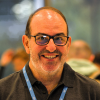
I had the privilege of attending the PMI Leadership Institute Meeting in Berlin in April 2024. This opportunity was gifted by the new PMI Switzerland Chapter Board, in recognition for long-standing service as a volunteer, and Publications Director. The event has already been widely-publicised and summarised by participants through countless Linkedin posts, all containing images of smiling people having fun. It was also clear how much action was packed into these days, and how much fun was had, working on various topics! Both 'action' and 'fun' are needed, for us, as humans, to create positive outputs. As Project Managers, we know that if you want your team to deliver, give them time to play. We learn (best) by playing!
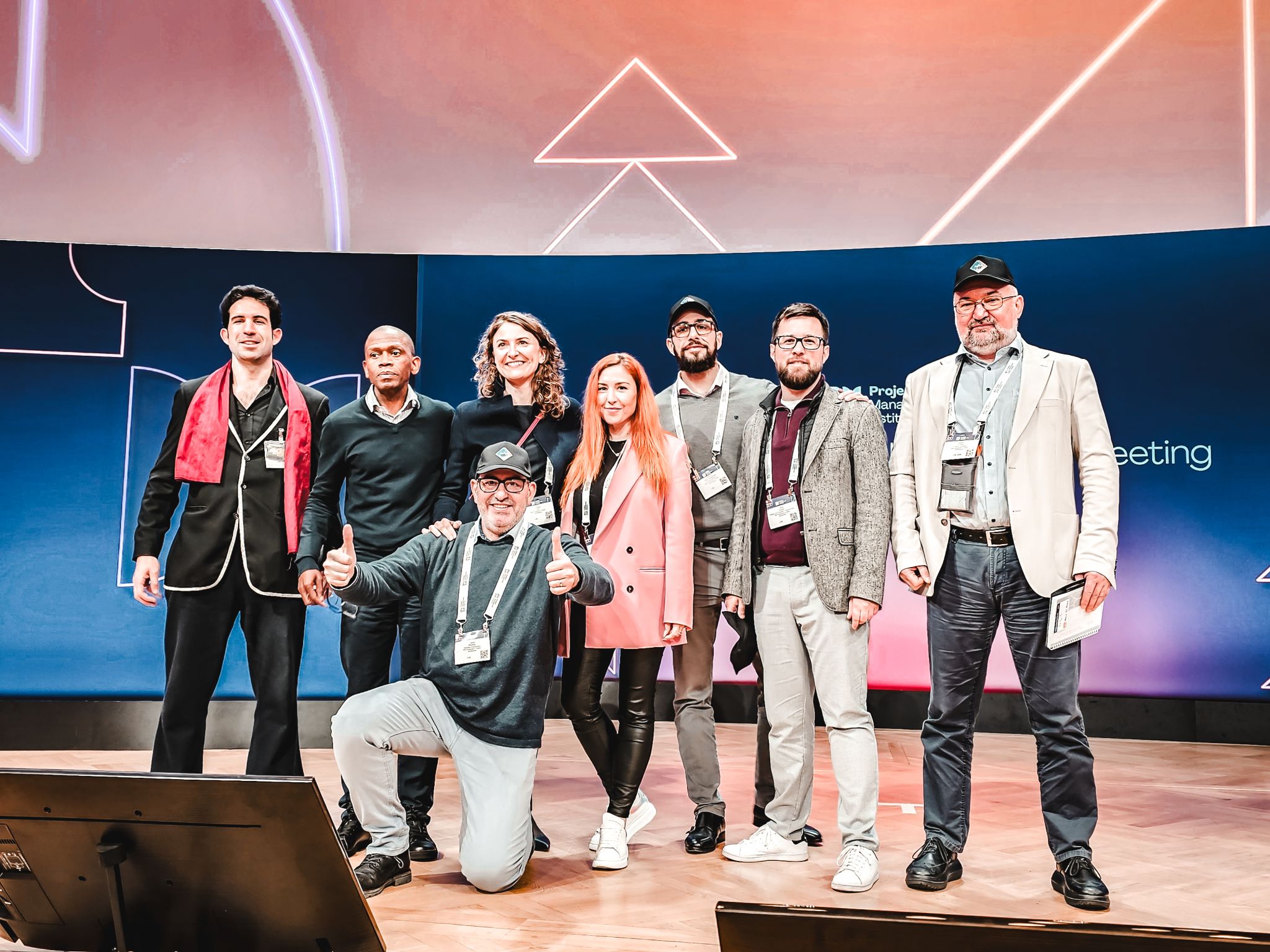
Here I would like to share my personal experience of this event, and what it has brought me. I planned to connect with all the other chapter leaders that within my area, to foster collaboration and learn from one another. As with every plan, it sets the direction and path to follow, but as usual, one needs to change it once the setup is different. OK. No worries. We can be agile when needed. I met fellow volunteers from various PMI Chapters, and that was even better than planned. This is a reminder of a well-known lesson - Plan the path with a goal. Be ready to change it as you execute. Create a different target, with no regrets.
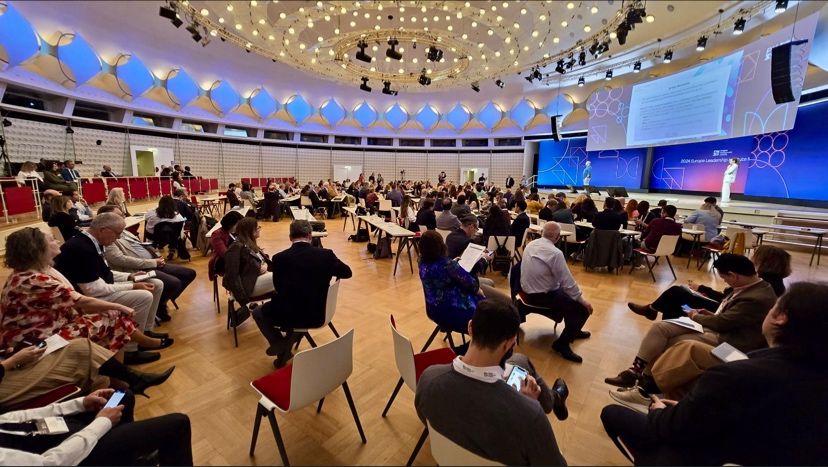
Meeting all the leaders from all Chapters showed me that we share common challenges, and it is great to have such a forum to share, discuss and elevate our world.
Together we deliver great value. Together we are better than any one us individually. We know how to form teams. We know how to plan for execution. We deliver and celebrate milestones.
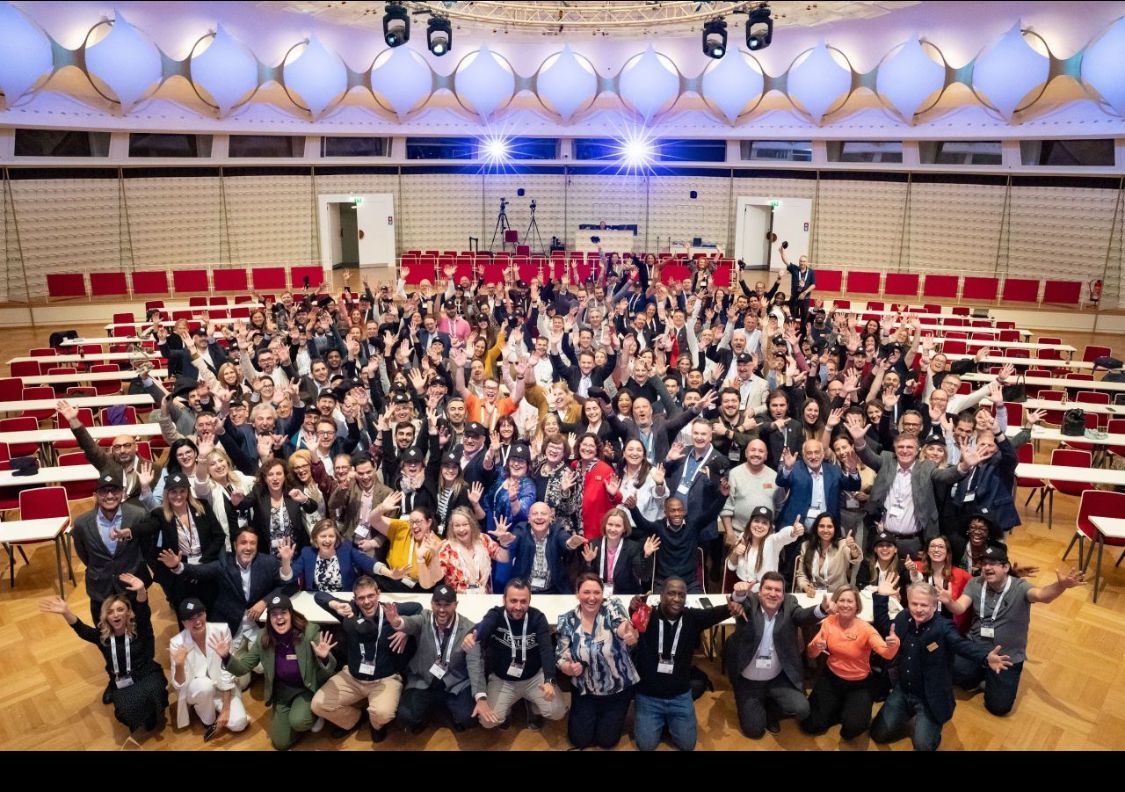
Even when we know all of that, sometimes, we may forget it, and we get lost. Instead of applying what we know, we deviate from our grounded standards and our roots. On the final day, there was a session dedicated to 'conflict', including the work being done at PMI to address that which derails our projects, teams and Boards. The closing presentation allowed for a moment of reflection. We explored conflict resolution, communication, and empathy. The importance of 'Soft Skills' in the successful management of projects has been repeatedly emphasized in the past. Skills in the areas of communication, solution-finding, conflict resolution, team leadership, and strategy are increasingly important.
We have the responsibility to master these, so we deliver value. We have our opinions and our feelings. We should listen to them, and at the same time, we should aim higher, so as not to let them dictate decisions and actions alone. Choose not only your way of working, but also your way of reacting, and how you want to interact with others.
If there is something you think is wrong, speak up. If there is something to be changed, fix it. If there is leadership to be taken, lead.
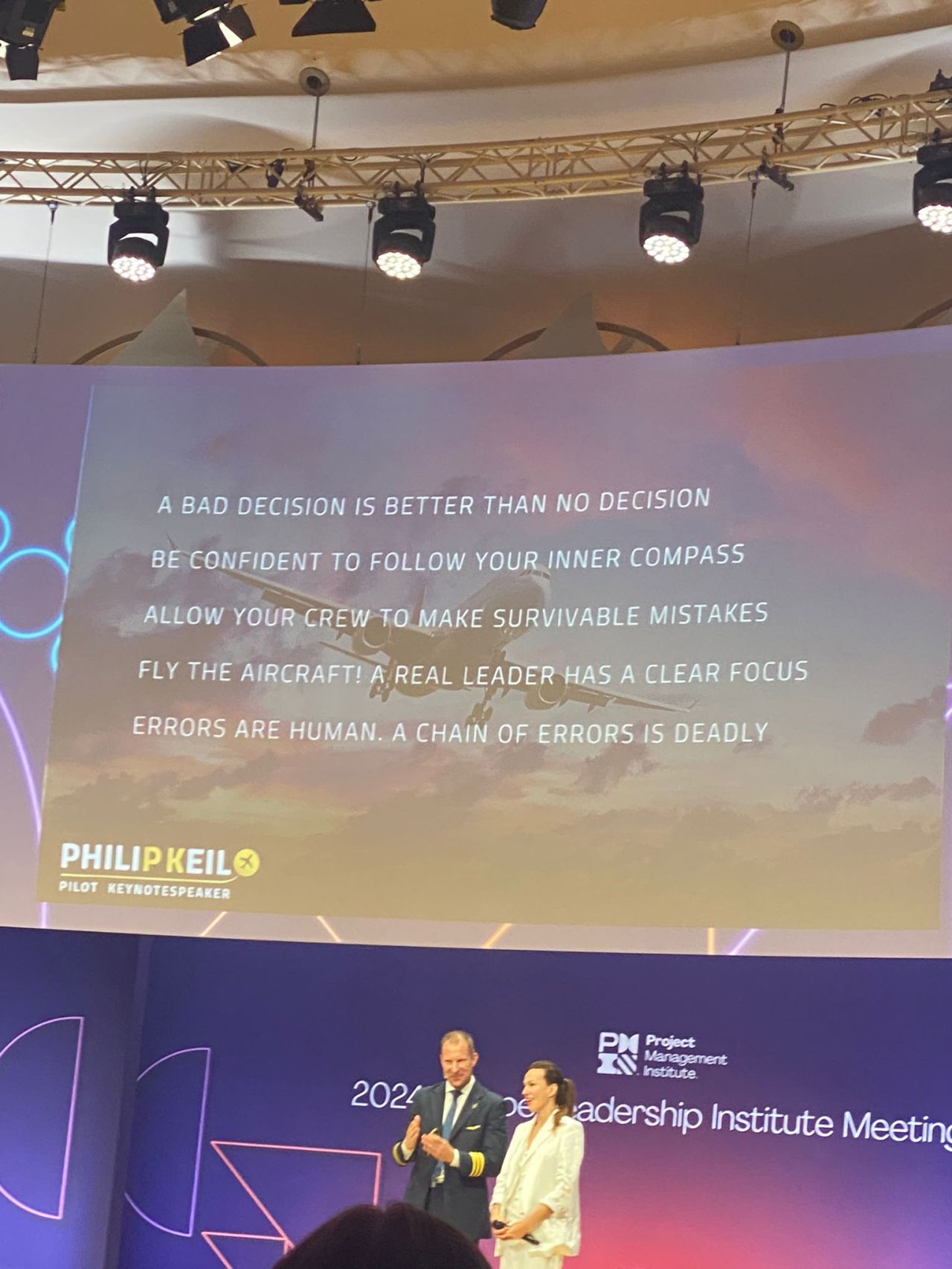
Two insights worth highlighting include: “A bad decision is better than no decision” (Philip Keil); and the words on the cockpit by Captain "Sully" Sullenberger, who successfully landed U.S. Airways flight 1549 in the Hudson River on January 15, 2009 - “My aircraft,” Sully said. “Your aircraft,” said the first officer. You can have a glimpse and read the full story in New York magazine.
In the former, the key insight is that decisive action, even if not perfect, contributes towards forward progress. In the latter, both the action of taking leadership ("my aircraft") and the acknowledge that comes just after to reinforce and provide trust ("your aircraft"), are equally important. From these insights it can be concluded that leadership, trust and accountability are crucial for success.
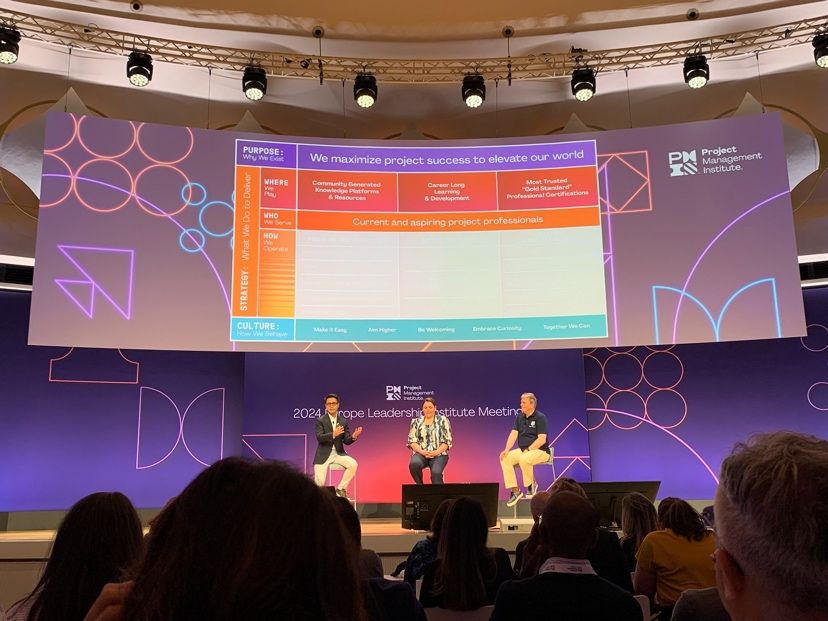
With this in mind, we set to work on implementing our future chapter actions with the PMI:Next strategy as our guide. PMI:Next - We maximize project success to elevate our world
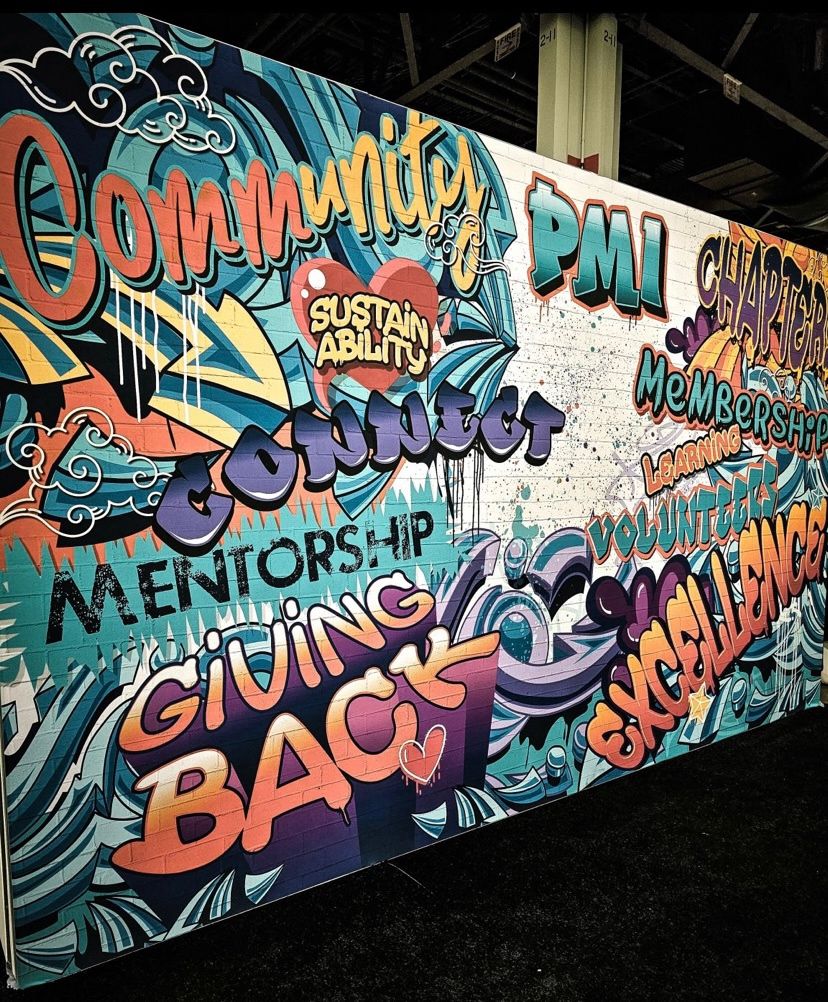
Before going to Berlin, I had an unsolved question on my head relating to GenAI, and ChatGPT versus PMI Infinity. I was wondering why I should use PMI's Infinity instead of ChatGPT directly, if Infinity is based on ChatGPT anyway. I returned from the LIM with two main reasons. Firstly, and very importantly, because PMI Infinity is a custom GPT that runs locally, data remains within PMI (not public domain). Any prompt inputted that extends beyond the scope of Project Management, will return responses precisely as it would if inputted directly in ChatGPT, but without leaving my PM community. Secondly, the Project Management-related responses are comparatively better when generated in Infinity. For example, when requesting a RACI matrix for a migration to Cloud project, Infinity provided the links and references to the sources. For these two reasons, Infinity can provide superior results. Give it a try: https://infinity.pmi.org/chat
I am using GenAI to ensure that my Project Management documentation is complete, in the way that I used books when I was a student. It also helps me with programming tasks by providing code and examples in various programming languages. This can be through existing code optimisation suggestions, explanation of coding errors, and providing alternative coding approaches. It saves a huge amount of time. We should embrace GenAI to benefit from the added value it provides, leaving us with more time to laugh, have fun and party. GenAI will help to increase efficiency in project management by automating routine tasks, enabling well-founded decisions, and giving project managers the freedom to focus on the essentials of their work.
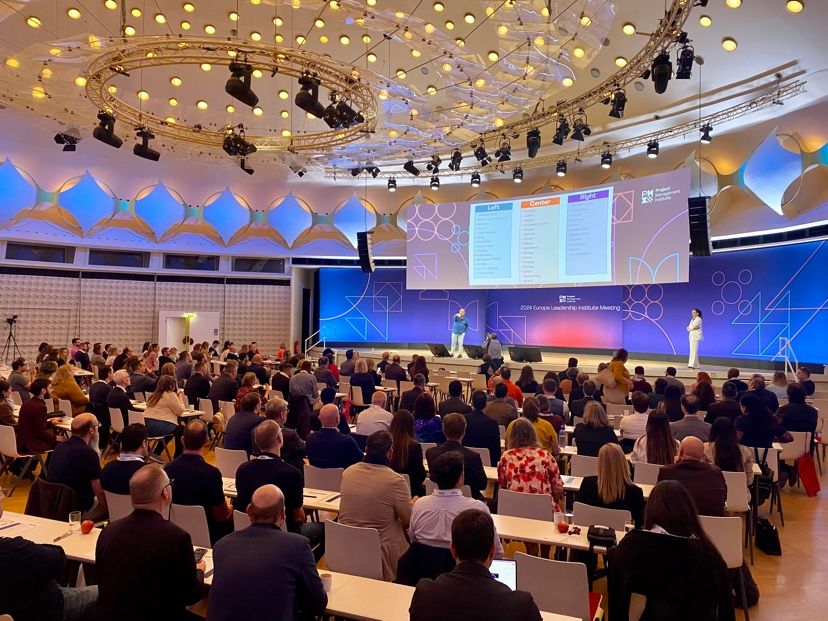
After having attended this event, I believe that I have enhanced my knowledge and skills. I was transformed in a positive way!
I met many great professionals, who are elevating our world, and delivering challenging and complex projects in a successful way. One could only be inspired!
With all having been said, it is now time to do what they call (as I learned in Berlin) an "Irish goodbye"...











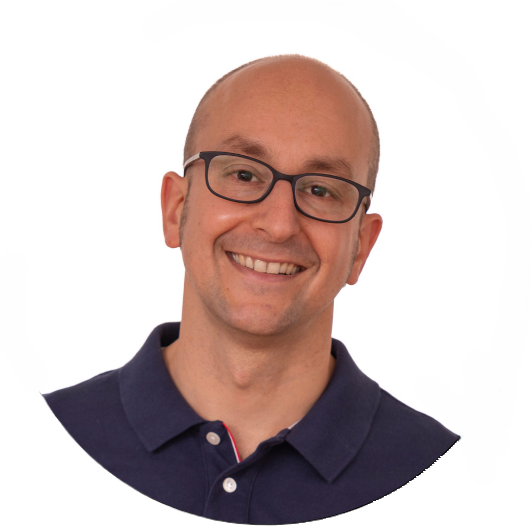





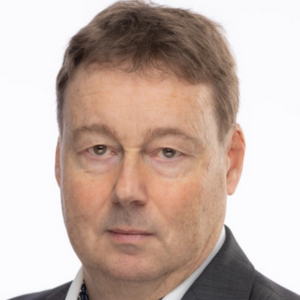
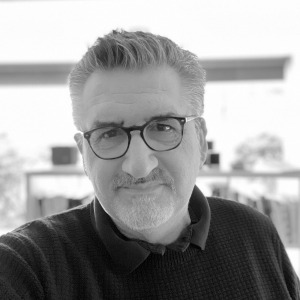 Pierre E. Neis, our speaker, is a renowned Agile Coach who has supported over 200 companies worldwide in their agile journeys. He is also the acclaimed author who wrote and published "The New Normal: AO Concepts and Patterns of 21st-century Agile Organizations" and "Swarming X4". At this upcoming event, Pierre will introduce the 5 main stages of transformations, and the 12 phases that allow transition from one stage to another.
Pierre E. Neis, our speaker, is a renowned Agile Coach who has supported over 200 companies worldwide in their agile journeys. He is also the acclaimed author who wrote and published "The New Normal: AO Concepts and Patterns of 21st-century Agile Organizations" and "Swarming X4". At this upcoming event, Pierre will introduce the 5 main stages of transformations, and the 12 phases that allow transition from one stage to another.